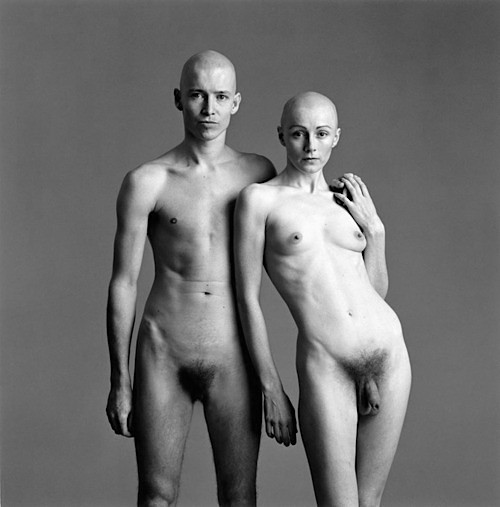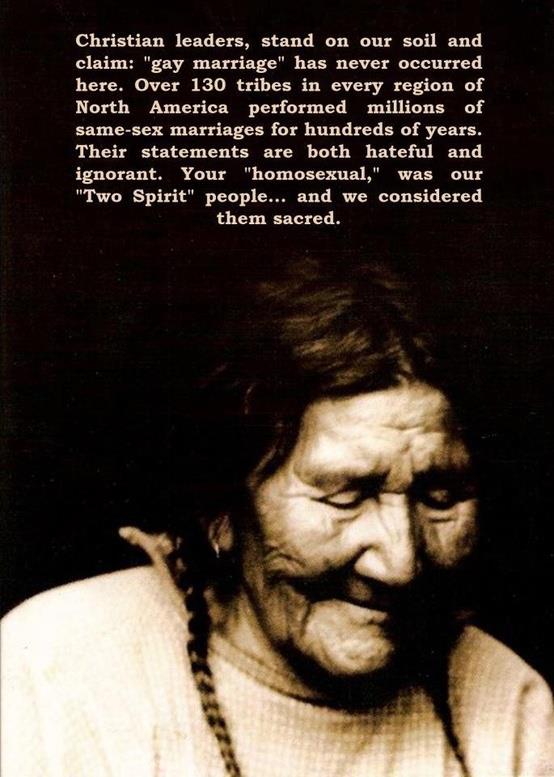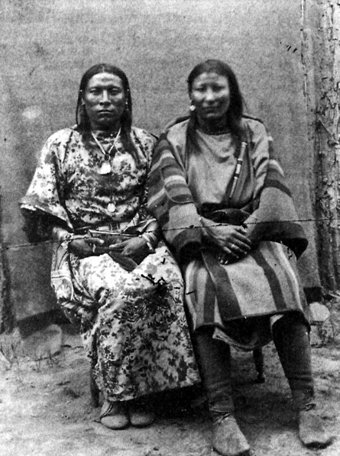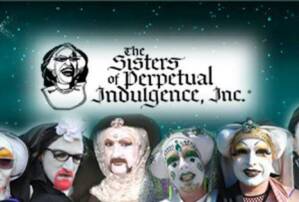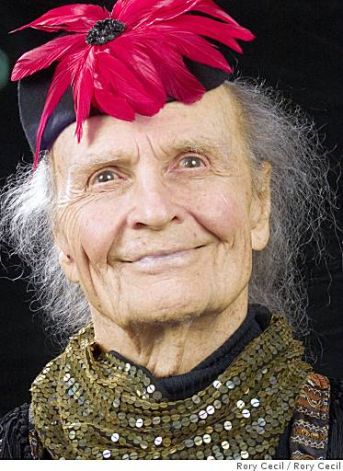
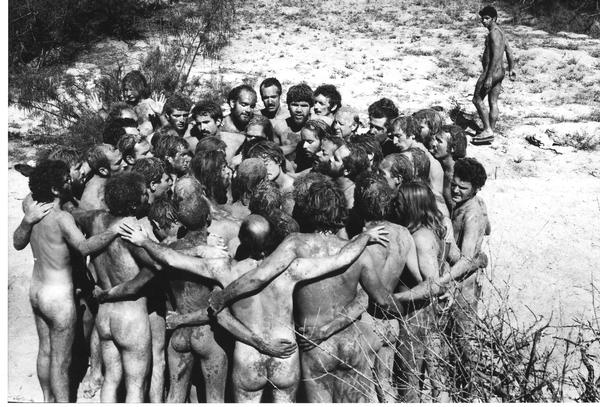
First Nations people, gender variants, multi-spirited people as healers, artists, shamin. Radical faeries and perpetually indulgent Sisters. Historically, those who did not conform to either male or female presentations and roles were honored and valued as those who walked between, those who understood the liminal in such a literal, embodied way that they were thought to have direct contact with Spirit.
Segments of First Nations traditions and newer groups like the Radical Faeries have remembered this diversity of embodied sacrality and bring old wisdom forward in new theological wrappings. Central to many of these practices is the refusal to inhabit merely one preassigned gender package.
The development needed in this section is a specific treatment of Radical faerie theology and First Nations Two-Spirit representation from within those communities. While Harry Hay (image far right) did much with both the Mattachine Society and the original Radical Fairies, many Faery offshoots have bloomed, among them genderqueer, pansexual and kinky faeries; fae no longer means exclusively gay. The RadFae model is one of the closest I've found to a postcolonial, queer, open-source embodiment theology.
What is a Faerie?
"Radical Faeries are a network of faggots, farmers, workers, artists, drag queens, leathermen, political activists, witches, magickians, rural and urban dwellers who see gays, lesbians, queers, and folk of trans experience as a distinct people with a distinct culture, way of becoming, and spirituality.
We believe that all people have unique and necessary contributions that must be made to help regain the lost balance of the larger human community. Being radically (at the root) decentralist and anti-authoritarian, we recognize that each Faerie is divine and speaks for themselves.
We join together with each other in mutual aid and love for play, work, self-discovery, and nurturing. To be a Faerie is an act of self-definition. Without dogma, Faeries share and celebrate common visions, including a belief in the sacredness of nature and the Earth; honoring the interconnectedness of spirit, sex, politics, and culture; and understanding that each has their own path(s) that lead to the Garden of Being.
By uniting with each other in circles, gatherings and sanctuaries, Radical Faeries increase the joy of weeding and tending these gardens through a commitment to the process of group consensus and an understanding of collective interconnectedness and interdependency."

